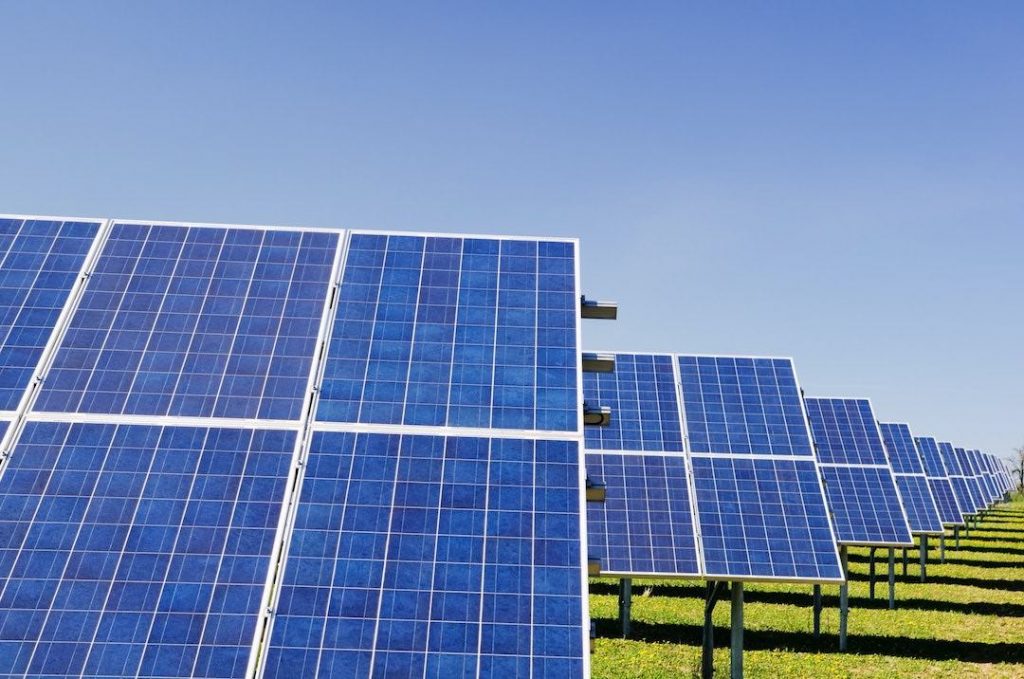Investing in a solar system is one of the smarts solutions for homeowners today. The latest type of solar panels and photovoltaic systems are easy to install, maintain, and operate, with long-term performance and many benefits including energy savings. Determining how many panels you will need for your home largely depends on your goals. Most people decide to start using solar energy both to save money and minimize environmental impact. To calculate your solar power need you will need to consider a few factors, so here are tips on the most important aspects to consider.
Standard test conditions
How many watts your solar panel can produce is the first thing to understand before you start calculating its potential output. This might be anywhere between 250 watts and 370 watts depending on various factors. This means that your system will not generate that exact amount all of the time. A solar panel efficiency number is a measure of how many watts your solar panel is capable of producing in ideal conditions – the temperature of 25 degrees Celsius while 1000 watts of light per square meter lands on the panel. Under the ideal conditions, a 370-watt solar panel will produce 370 watts of electricity.
Solar panel efficiency
While the information on the wattage can tell you what your solar panel is capable of producing under ideal conditions, the parameter of efficiency provides information on how much sunlight your solar panel can convert into electricity you can use at home. That means that if your solar panel has an efficiency rating of 20 percent, that means that only 20 percent of all sunlight hitting your solar panel will be transformed into usable power. Many factors affect solar panel efficiency including the nature of solar cells themselves. There are variations in efficiency based on how reflective the cells are and their ability to collect sunlight. Other factors that can also change your efficiency include shading from the trees, excessive clouds, dirt, and dust.

Location and direction the panels
The location of your home has a big impact on how much energy your solar panels are capable of producing since it is directly related to the level of exposure to the sun over the year. As the experts from ArtisanElectricInc.com explain, even though high exposure to the sun leads to increased solar energy productions, it is possible to effectively use them in areas with a little sunlight as well. Another factor in solar output related to the general location of your home and also any potential shading factors is the direction panels are facing. Placing your solar panels in a direction that receives the most sunlight, gives them the best chance to obtain that solar energy. The best direction for your solar panels depends on a few differences in both the physical space or your rooftop and the surrounding environment.
What is your average monthly electricity use?
Before you begin to size a solar system, you must determine your home’s average electricity consumption. First, you need to calculate your kWh usage from your electric bill. It will be best to have full 12 months of usage so that you can look at peaks in usage over a year. By adding up your kWh usage for 12 months and dividing it by 12 you can easily find out your average monthly consumption. The next step is to calculate your daily usage, by dividing this number by 30. In addition to this, it is advised to determine how many peak hours of sunlight you’ll get each day, so you can make the most of the solar power.
From our partners:
How many panels will you need?
To figure out how to size your solar system, take your calculations of daily kWh energy requirement, and divide it by your peak sun hours. This will give you the number of kW of your system output. When you take this number and divide It by your panel’s efficiency, you will get the estimated number of solar panels you’ll need for your system. To help you wrap your mind around numbers, let’s say that the solar panel produces roughly about 1.2 kWh of energy per day. The exact number of panels you will need, highly depends on the efficiency percentage.
It is important to remember that you will need to consult experts to help you through these calculations to find the optimal solar panels for your home. However, the tips from this article will hopefully help you with understanding the factors you should focus on while buying the first set of solar panels for your home, so you can make sure you will make the most of it from day one.













